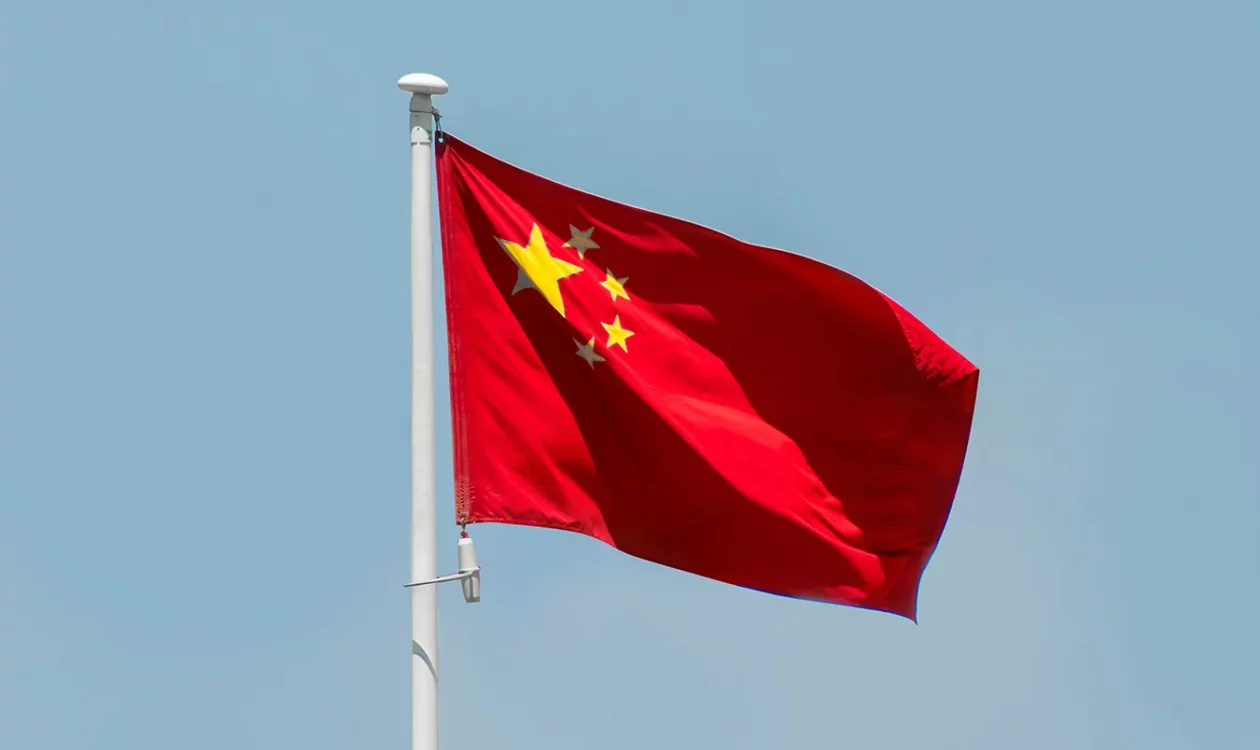ESL RIVINGTON et Antidox sont heureux d’avoir convenu un partenariat avec The Ambassador Partnership, cabinet de conseil britannique réputé, et composé d’anciens ambassadeurs spécialistes de la résolution de conflits et experts en risques politiques (www.ambassadorllp.com).
« Should the World fear China? » was the first question I was asked in an interview with a German newspaper in 2023. I have been unable to forget it. For me it best represents Western feelings about the China of the 2020s: uncertainty, anxiety and even fear.
Modern China wears many hats: it is the largest trading nation in the world, the largest manufacturer and the largest economy by purchasing power parity. Yet China describes itself as a developing country and this is certainly right in terms of China’s per capita income.
China’s image tends to depend on its beholders’ perspective. For the United States, it is a strategic competitor and “pacing threat” — “the only country with both the intent to reshape the international order and, increasingly, the economic, diplomatic, military, and technological power to do so.” For Europe, it is a “partner for cooperation, an economic competitor and a systemic rival”. For NATO, it is a “decisive enabler” of Russia’s war against Ukraine. For the Global South it is a “natural member.”
Does China really want to reshape the international order, as the US claims? China is not a “revisionist power”. During the last four decades, no other country has benefited more from globalisation, which is rooted in an international system characterised by an open and market-driven world economy, and it is in China’s interest to become further integrated with the rest of the world.
Of course, China’s growing strength will bring changes. But it should not be assumed that these changes will erode or impair the international order; they could change the world for the better. Take China’s Belt & Road Initiative for example. It is essentially an economic project that aims at improving infrastructure across the world, not at reshaping the international order.
What about the China–Russia partnership? Should the West see that as a fearsome alliance? Twenty days before Russia invaded Ukraine in February 2022, China and Russia signed a statement proclaiming there were “no limits to Sino-Russian cooperation”. From a Chinese perspective it is natural for friendship to be without limits. It is not sinister and should not be seen by others as threatening. Russia is China’s largest neighbour and vice versa. For peaceful coexistence, this relationship must be amicable.
It is true that China’s trade with Russia has helped Russia to skirt Western sanctions. But it is not new trade and none of it violates international rules or regimes. While the US-led NATO has provided full military support to Ukraine, Beijing has provided no military aid or weapons to Moscow.
Perhaps the best way to describe the relationship is to say Russia and China are like two parallel lines: however close to each other they may run, they will never meet to become an alliance – not least because China’s and Russia’s world views are subtly different, even if both talk about a multipolar world order. China is the largest beneficiary of globalisation, which relies on the existing internation order; Russia resents that order and considers itself a victim of it.
Are China and the US destined for war? I believe there is a danger of US and Chinese vessels or aircraft colliding in the South China Sea. American military aircraft regularly conduct close surveillance and reconnaissance in China’s exclusive economic zones. US naval vessels sail through waters off islands and rocks over which China claims sovereignty. An ever-stronger People’s Liberation Army (PLA) will become ever more determined to check what it sees as American provocations. I assume it is only a matter of time before another deadly collision, like that of 2001, occurs. But I doubt this will lead to war.
I see Taiwan as the only issue that could draw China and the US into war. How likely is that? The US Secretary of Defense said publicly in 2023 and 2024, that a conflict with China was neither imminent nor inevitable; US planners cannot fail to be aware that the 2 million-strong PLA is the largest military force in the world and that the PLA Navy outnumbers the US Navy in ships; and the risk of war can be avoided by allowing China to believe that peaceful reunification with Taiwan remains possible.
US leaders should reassure China that they have no intention of straying from the US’s 1979 commitment to the “One China” policy. So far there is no indication that Beijing has lost confidence or patience. China has never announced a timetable for reunification. It is still talking about peaceful development of cross-strait relations. But provocations from either Taipei or Washington will be met by the PLA with ever more robust responses and will lead to changes in the status quo that favour Beijing.
To fulfil its international responsibilities, China should overcome its lingering victimhood. A century of humiliation should have ended with the founding of the People’s Republic in 1949, when Chairman Mao Zedong declared that “the Chinese people have stood up.” China today is the envy of the world. China must leave its past behind and embrace its strength. Victimhood leads to nationalism, populism, and isolationism. This is the last thing China needs.
I also believe that the PLA should cleave to its humanitarian responsibilities. So far, Chinese military operations abroad, be it peacekeeping, counter-piracy or disaster relief, have been humanitarian. This is not accidental; it is a choice.
For over four decades, China’s military expenditure has been lower than 2% of its GDP, a NATO standard for its member states. Most probably, short of war, it will remain at this level. At a time when some of China’s neighbours have drastically increased their defence spending, China’s low military budget says a lot about its priorities.
Over the last 45 years China has relinquished some of its earlier defence policies, e.g., not stationing troops abroad, not establishing bases overseas and not conducting joint exercises with foreign armed forces. Others, though, remain unchanged, e.g.,
Caution towards the use of force. After its founding in 1949 the People’s Republic was involved in conflict every decade until the end of the 1970s. China’s rise since then is a miracle in that few, if any, major powers have risen so peacefully. This has been facilitated by deliberate restraint, e.g., after NATO bombs hit the Chinese embassy in Belgrade in 1999, and after the collision of Chinese and American military aircraft in the South China Sea in 2001.
It is true that Chinese coastguards used water cannons against Filipino ships in 2024. But that does not equate exactly to the use of force. It was an effort to deter the Filipinos from violating a promise by conveying building materials to fortify a rusted Filipino warship into a permanent base in a disputed shoal.
Don’t seek spheres of influence. Many people confuse two things—influence and spheres of influence. Precisely because China’s influence, especially economic influence, is already ubiquitous, China does not need spheres of influence, costly and difficult to maintain as they are.
Don’t seek military alliances. China has friends but no allies.
Adhere to the “no-first-use” of nuclear weapons. China is the only Nuclear Weapon State that has pledged not to be the first to resort to nuclear weapons if it comes under non-nuclear attack, and China does not plan to use nuclear weapons pre-emptively, to destroy an adversary’s nuclear deterrent.
Last, let me stress the age of China’s civilisation: more than 5000 years. This influences Chinese statecraft. Chinese statesmen tend to take a long view of Chinese interests. China’s long-term interest is peaceful coexistence with the rest of the World.
Publié par The Ambassador Partnership le 17/04/2025






